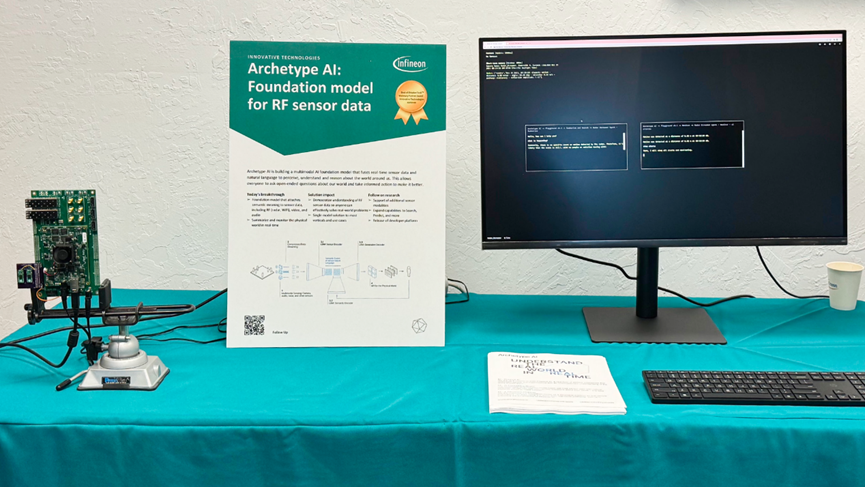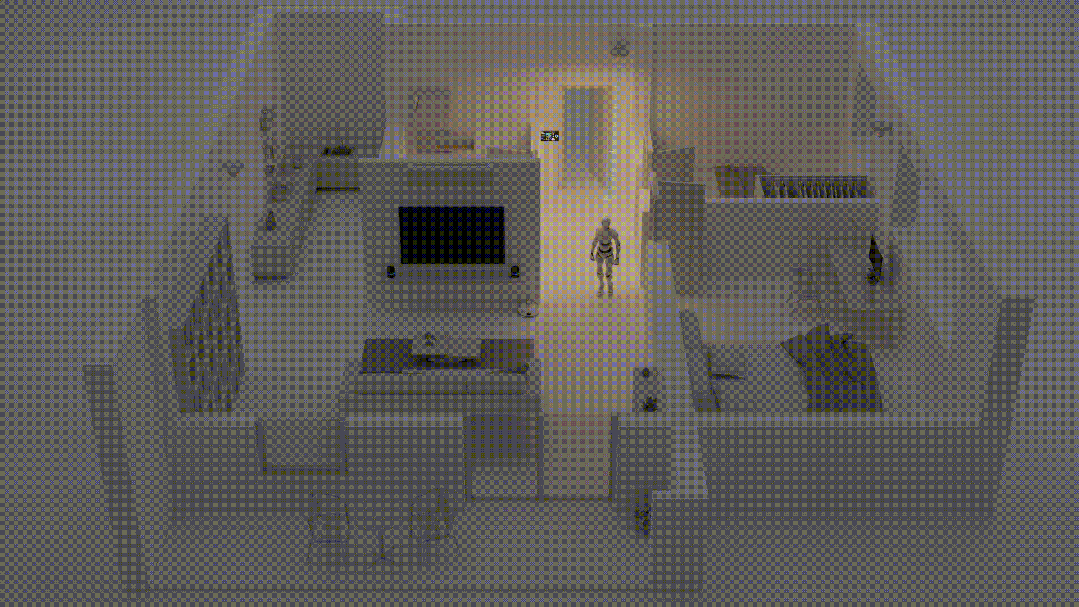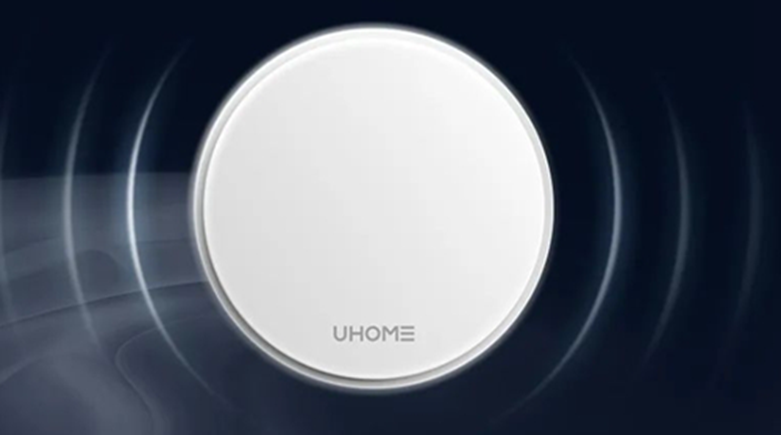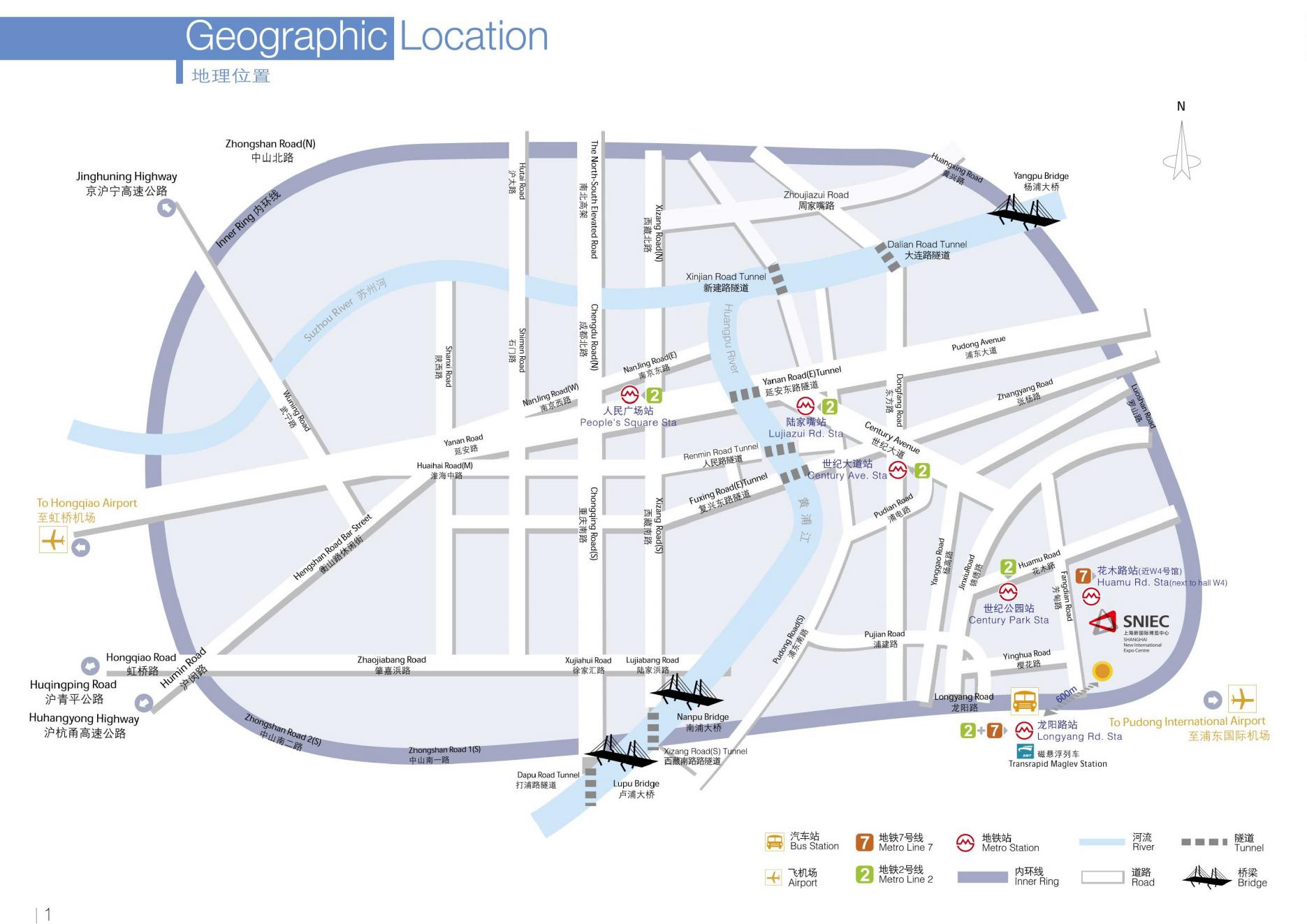In recent news, Infineon and Archetype AI declared a strategic partnership agreement, expediting the development of AI-equipped sensor chips.
Infineon plans to utilize Archetype AI’s LBM for integrating physical AI features into devices like TVs, smart speakers, security cameras, and cars. These devices can autonomously wake up and display information at appropriate times without disruption. Additionally, users can control devices through gestures, enabling devices to optimize energy usage by opening or closing based on surrounding conditions, contributing to a low-carbon initiative.

During Infineon’s Oktobertech forum on October 25, Archetype AI showcased their products, using millimeter-wave radar to monitor people and objects within a 3-meter range for their position, size, and speed. Users can interact using natural language, asking general questions like “What happened in the last 10 minutes?” or commanding actions like “Turn on the lights when you see someone.”
This isn’t the initial AI sensor product, particularly in the field of millimeter-wave radar. In March 2022, Huawei released an AI sensor for entire smart homes, employing 24GHz millimeter-wave technology. This sensor offers a 3D coverage area, with static and micro-movement detection abilities over a 25-square-meter area, achieving 99% accuracy.

Through AI, this sensor can perform various functions, such as identifying falls by the elderly and sending alerts, recognizing human movement paths for air conditioning optimization, and avoiding light and sound disturbances during rest.
Recent years have seen several AI and millimeter-wave radar products being introduced. Just last week, on November 7, Haier’s Sanwings introduced the AI Lingxi human body sensor. Using 60GHz millimeter-wave radar motion detection technology combined with AI, it can identify different human postures and activities, linking with air conditioning to adjust temperature automatically and instantly alerting in case of a fall. In Haier’s Smart Home App, users can customize scenarios and functional zones based on their and their family’s routines.
Haier has further built a domain model, HomeGPT, catering to smart homes. Utilizing Haier’s Smart Home Brain 2.0, Sanwings offers multifaceted scene interactions based on diverse conditions like people, time, environment, and weather. For instance, the refrigerator intelligently preserves food, the air conditioner regulates temperature during sleep, and the washing machine automatically identifies fabric types.

Once restricted by the era, AI was criticized by consumers. But now, with rapid technological advancements, even platforms like GPT Store by OpenAI, released last week, offer personalized GPT, widening AI applications. In the future, as AI becomes a standard feature in products, a complete hardware replacement phase is expected, favoring companies strategically positioned in AI early.
This paper is from Ulink Media, Shenzhen, China, the organizer of IOTE EXPO (IoT Expo in China)
Join us next year in Shanghai, and let’s shape the future of technology together!
To register IOTE 2024 Shanghai station:

















